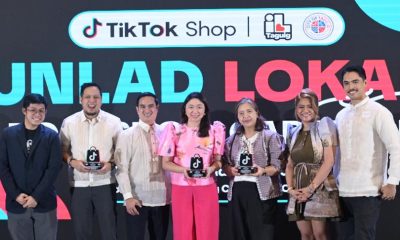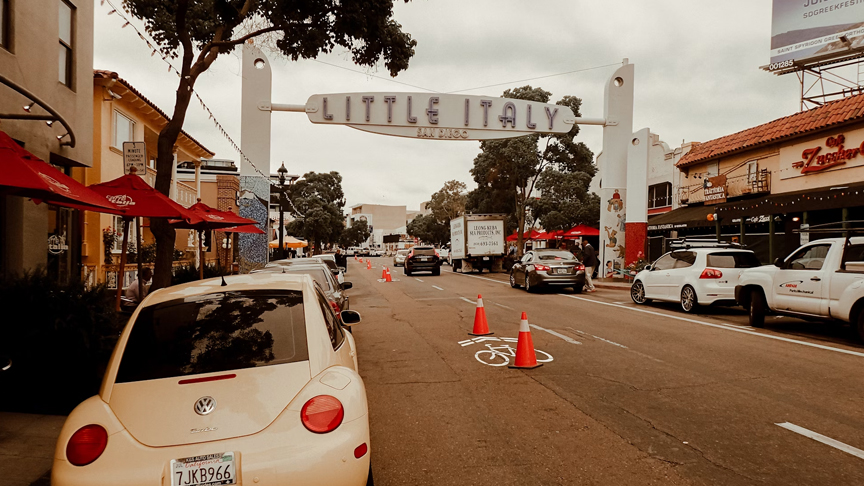TikTok Shop has partnered with Taguig City through its Unlad Lokal program to equip local micro, small, and medium enterprises (MSMEs) and grassroots creators with digital tools, skills, and opportunities to grow their businesses and online presence. The partnership advances the city’s goal of building a future-ready economy while supporting national initiatives to promote inclusive digitalization and alternative livelihoods.
Launched earlier this year in collaboration with the Department of Trade and Industry (DTI), Unlad Lokal reflects TikTok Shop’s commitment to nurturing a digitally empowered MSME sector across the Philippines. Since March 2025, the program has trained over 17,000 entrepreneurs across Metro Manila, Pampanga, and Naga. Building on this momentum, TikTok Shop and its partners are now working with local government units, starting with Taguig, to bring e-commerce education and opportunities to more grassroots entrepreneurs and creators across the country.
“TikTok Shop is committed to empowering Filipino entrepreneurs and creators with the skills, tools, and confidence to thrive in the digital economy,” said Franco Aligaen, Marketing Lead for TikTok Shop Philippines. “Through Unlad Lokal, we’re showing how e-commerce can drive inclusive growth, where every Filipino, regardless of background, can turn creativity into a sustainable digital livelihood and take an active role in the country’s digital transformation.”
Empowering Taguigueños through digital innovation and livelihood
Under Unlad Lokal, TikTok Shop and Taguig City will conduct a series of learning, mentorship, and in-app showcase activities to help local MSMEs and creators strengthen their digital presence. The sessions will cover topics such as digital marketing, live selling, and brand storytelling, empowering participants to expand their reach while sustaining online growth.
The initiative also integrates TikTok Shop’s digital commerce ecosystem into Taguig’s existing MSME support programs, ensuring that innovation directly translates into livelihood opportunities. This partnership complements Taguig’s broader digitalization vision by making technology-driven growth accessible to every community.
“In our Probinsyudad, we believe that every small business is a story of perseverance,” said Taguig City Mayor Lani Cayetano. “Many of our local entrepreneurs started from home kitchens, neighborhood stalls, and small online pages. What they often lack is not talent or passion, but access to tools, networks, and digital knowledge. That is why we welcome Unlad Lokal with open arms. It complements our ongoing programs for MSME development, digital literacy, and innovation under the city’s drive toward a future-ready and inclusive economy.”
Strengthening collaboration between the government and digital platforms
TikTok Shop’s partnerships with the Department of Trade and Industry (DTI), the Department of Information and Communications Technology (DICT), local government units, and telecommunications companies like PLDT and Smart Communications, Inc. reflect the growing synergy between the government, private sector, and digital platforms in building an inclusive and future-ready digital economy.
“Programs like TikTok Shop’s Unlad Lokal bring to life our goal of helping small businesses embrace e-commerce while ensuring they grow sustainably and ethically,” said DTI-NCR Division Chief, Rowena San Jose. “We welcome partnerships that combine innovation with responsibility, especially those that enable our MSMEs to reach wider markets and strengthen consumer trust.”
“Digitalization should be inclusive and secure,” said DICT Secretary Henry Aguda. “Collaborations between platforms like TikTok Shop and government institutions are crucial in ensuring that Filipino entrepreneurs, from local artisans to startup founders, are equipped with the knowledge and tools to thrive in a safe, trusted digital environment.”
Equipping entrepreneurs and creators with digital tools nationwide
As Unlad Lokal continues its nationwide rollout to key cities, including Bacolod, Baguio, Cebu, Davao, and Naga, TikTok Shop emphasized that Unlad Lokal is focused on promoting responsible and safe online commerce. Through the program, sellers and creators are educated on best practices related to transparency, ethical selling, and consumer protection, helping to ensure users benefit from a secure digital marketplace.
“Safety is at the heart of our growth strategy,” Aligaen emphasized. “We continue to invest in education, platform safeguards, and partnerships that promote a reliable and transparent digital marketplace for both sellers and shoppers.”
Unlad Lokal is supported by H.B Jewelry, KILY OFFICIAL, Mikana, Oishi PH, Piattos and Vcut (under Universal Robina Corporation), Tiny Buds Baby Naturals, Tummy Tac, and Vitress, who share TikTok Shop’s mission to advance MSME digitalization, enhance digital literacy, and promote responsible online commerce.


 BizNews3 weeks ago
BizNews3 weeks ago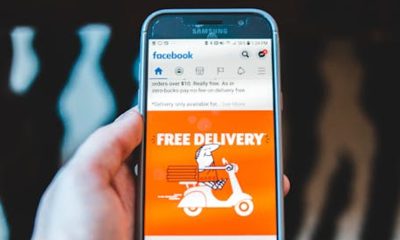
 BizNews3 weeks ago
BizNews3 weeks ago
 BizNews3 weeks ago
BizNews3 weeks ago
 BizNews3 weeks ago
BizNews3 weeks ago
 BizNews3 weeks ago
BizNews3 weeks ago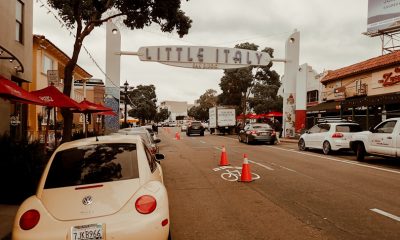
 BizNews3 weeks ago
BizNews3 weeks ago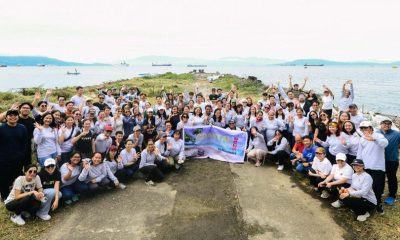
 Ethical Biz4 weeks ago
Ethical Biz4 weeks ago
 Tech & Innovation3 weeks ago
Tech & Innovation3 weeks ago



